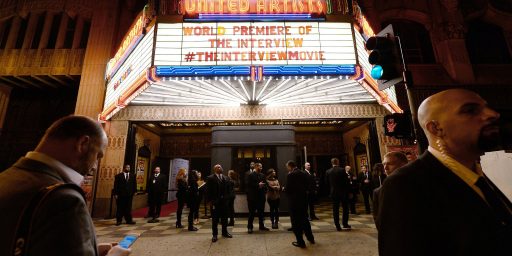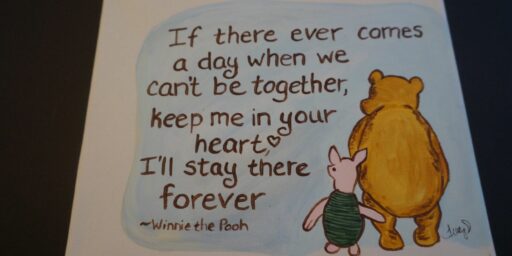They are Starting to Get It
EMI Music’s CEO told a group at the London Business School that the CD is dead. I’ve been wondering when this reality would sink it to music executives, and it has taken sometime.
“The CD as it is right now is dead,” Levy said, adding that 60% of consumers put CDs into home computers in order to transfer material to digital music players.
[snip]
“You’re not going to offer your mother-in-law iTunes downloads for Christmas,” he said. “But we have to be much more innovative in the way we sell physical content.”
With the advent of Napster, we saw the beginning of the end for the CD, at least as a way to sell music to consumers. The music industry, intent on preserving their market power and ability to charge higher prices and earn economic profits, fought it tooth and nail (and still are to some extent).
Levy said EMI is continuing to hold talks with Google Inc. (GOOG) on an advertising-revenue sharing partnership with the community video Web site YouTube, which the Internet search giant acquired in October for $1.6 billion in stock.
EMI’s rivals, Warner Music Group Corp. (WMG), Sony BMG – a joint venture between Sony Corp. (SNE) and Bertelsmann AG – and Universal Media have all signed content deals with YouTube.
“The terms they were offering weren’t acceptable,” Levy said, adding that EMI continues to be concerned about copyright issues.
The notion of copyright issues is somewhat of a non-issue, IMO. The music industry uses the copyright on music to ensure their economic (supernormal) profits by restricting competition. This is a good example of how industry can use the political process to not only insure that it receives supernormal profits, but insulate itself from competition. The best example being the “Sonny Bono Bill” which extended the copyright for already existing creative works. There can’t be any kind of argument that this kind of thing promotes the creation of more creative works such as novels, art, and music as it applies to creative works that already exist.





I guess I’m in the dwindling minority of those holdouts who are not giving up the CD. I have no interest in spending hours on the computer ripping my CD and LP collection on my computer and transferring it to an IPod or other MP3 player, or searching for songs on ITunes or other music sites. I don’t want to sacrifice the superior, near master, audio quality for the degraded frequency response and compression of an MP3 file. I guess if it comes down to the CD going away and I can only buy tunes online, I will probably just stop buying music altogether and just listen on my satellite radio receiver.
I strongly disagree. The CD is not dead. What do I not get with a download? I don’t get superior fidelity. All the download formats are compression schemes that cannot match the fidelity found on a CD. I don’t get the little extras that a CD brings such as that booklet with the lyrics, notes about the songs and how the album was made, the players, etc. I also don’t get to experience songs I don’t already know. I cannot tell you how many times my favorite song on a CD turns out not to be one of the ones I bought the CD for.
Super normal profits my A**! Just look up the stand alone balance sheets of each major and also check out the salaries versus other industries….the good ol days are long gone.
Everyday there is a job cut, the lucky ones get a salary freeze……